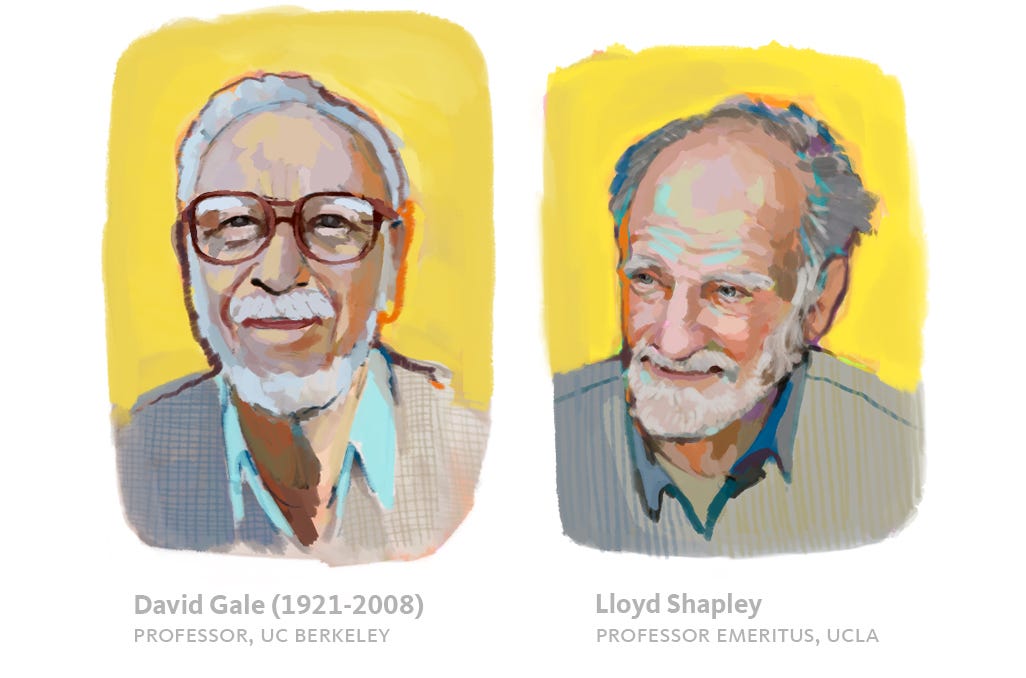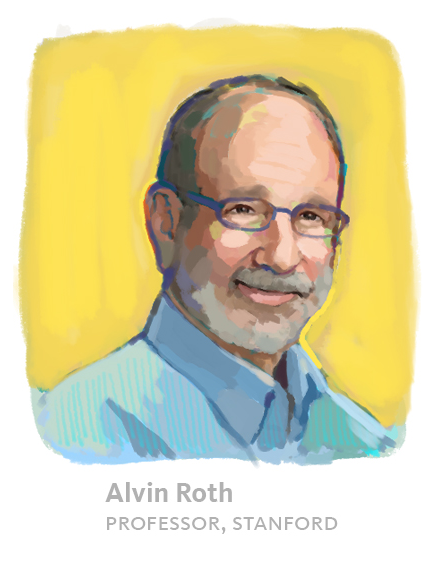I participate today in a conference on an unusual (for me) subject:
 SPIRE AND THE REAL PROPERTY LAW SECTION HOST
SPIRE AND THE REAL PROPERTY LAW SECTION HOST
THE FIFTH ANNUAL REAL SYMPOSIUM

Fifth Annual Real Estate and Law Symposium
Tuesday, February 16, 2016
1 p.m. - 5:30 p.m. 555 Salvatierra Walk Paul Brest Hall (Law School) Stanford University
Earn 2.5 hours of MCLE credit.
Keynote Speakers:
Panel topics include:
Early Bird Pricing:
SPIRE/RPLS Members: $125 Non-Members: $175 Young Professionals: $95 | 
About the REAL Symposium
Program Schedule and Speakers Sponsors Essential Information About SPIRE About the Real Property Law SectionDirections |
Stanford Professionals
|
The Real Property Law Section
|
About the Real Estate and Law (REAL) Symposium
The 2016 REAL Symposium will cover several legal topics such as the legal implications of the evolving use and management real estate in the new sharing economy in the areas of land use, financing, enforcement of existing regulations, and the potential for litigation. New financing products and trends in the real estate financing markets will be discussed as well as legal issues facing transactional and financing lawyers.In addition, the lead deal maker for the largest West Coast multi-family REIT will give an inside look at the largest merger in recent history and its implications on future transactions.
Program Schedule and Speakers
| Event | Time |
|---|---|
Registration |
12 noon - 1 p.m.
|
Welcoming Remarks |
1 p.m. - 1:15 p.m.
|
Featured Panel 1: Space On Demand
Tech innovations and the new sharing economy are changing how we work, travel and play. We are increasingly demanding accessible, fluid and fungible physical space. However, there are significant legal and financial ramifications to creating space on demand. This panel will discuss a variety of topics related to the sharing economy.
Moderator: Curtis Smolar, Partner, Browne George Ross LLP
Panelists:
|
1:15 p.m. - 2:20 p.m.
|
Keynote Speaker: Alvin Roth
Nobel Laureate 2012, Economic Sciences; Professor of Economics, Stanford University
Professor Roth has made significant contributions to the fields of game theory, market design, and market matching, and is known for his emphasis on applying economic theory to “real-world” problems. Under the theory of stable allocations and the practice of market design, he uses mathematical algorithms to assign people or things to stable matches. Professor Roth’s work, which spans decades, culminated in him being awarded a Nobel Memorial Prize in Economic Science. Professor Roth is currently the Craig and Susan McCaw Professor of Economics at Stanford University and he is the George Gund Professor of Economics and Business Administration Emeritus at Harvard University. Professor Roth received his bachelor’s degree from Columbia University and his master’s and doctorate from Stanford University.
|
2:20 p.m. - 2:55 p.m.
|
Break |
3 p.m. - 3:20 p.m.
|
Keynote Speaker: Angela Kleiman
Essex Property Trust, Chief Financial Officer and Executive Vice President
Essex Property Trust, Inc. is a fully integrated REIT that acquires, develops, redevelops, and manages apartment communities located in highly desirable, supply-constrained markets. Ms. Kleiman led the overall transaction management of Essex’s merger with BRE Properties at the end of last year, creating the largest West Coast multi-family REIT. Ms. Kleiman oversees the Private Equity, Capital Markets, Economic Research, Accounting, Financial Planning and Investor Relations departments. She joined Essex in 2009 to manage the company’s Private Equity Platform and grew it to $3 billion in gross assets. Prior to joining Essex, Ms. Kleiman served as Senior Equity Analyst and Vice President at Security Capital and as Vice President with J. P. Morgan Real Estate and Lodging Investment Banking Group. Ms. Kleiman received her Bachelor’s from Northwestern University and her MBA from Northwestern University’s Kellogg School of Management.
|
3:20 p.m. - 3:50 p.m.
|
Featured Panel 2: Risk and Resiliency in Financial and Real Estate Markets
The US economy has rebounded from the real estate and market crashes in 2007 and there continues to be abundant opportunity for real estate investors, developers and entrepreneurs. At the same time real estate professionals are faced with new and not-so-new challenges in the rapidly changing real estate/financial industries and world economies. This panel will discuss how real estate entrepreneurs, investors and financiers identify and manage opportunity and risk in the evolving economy.
Moderator: Jeff Weber, Senior Managing Director, Eastdil Secured
Panelists:
|















